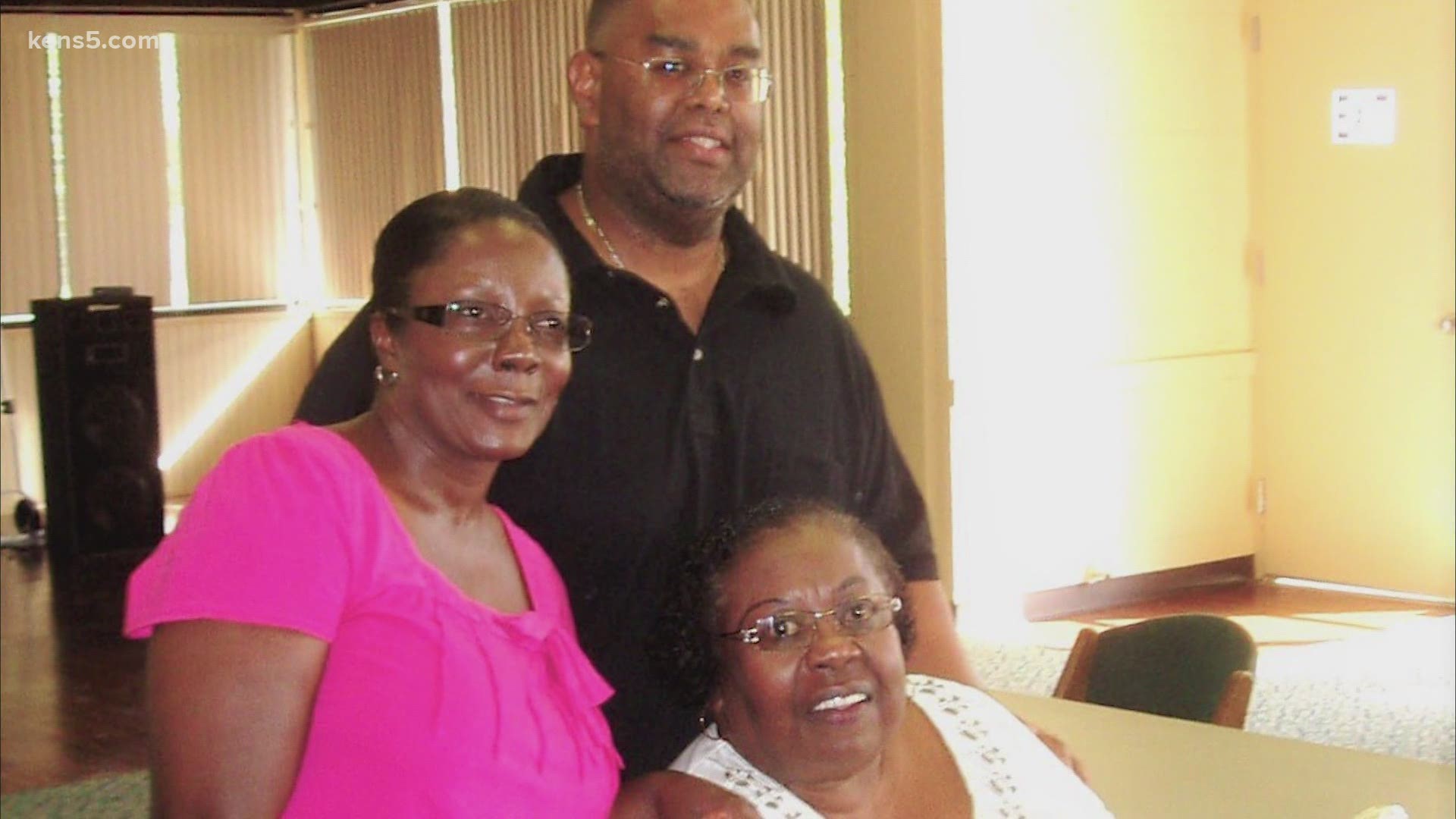SAN ANTONIO — Clinical trials are a necessary step to getting a life-saving vaccine, like the one for coronavirus. But a diverse group of people is needed for those trials to make the vaccines effective.
The CDC says for Hispanic populations and non-Hispanic Black individuals, the odds of catching coronavirus are almost five times higher than in non-Hispanic whites. That's just one of many figures showing why these clinical trials need minority volunteers.
"I lost an aunt and her daughter, and then my sister lost her fiancé so that was really hard," said Tammie Bowman, who suffered several losses due to the coronavirus over the last year. That's a part of why she signed for the Novavax clinical trial. Bowman told us, "I wanted to number one set an example for my children and grandchildren. And I wanted to also prove to people of color that it is safe."
She also knows minorities are desperately needed. Bowman said, "If we don't represent our community, then we can't complain that nothing works for us or we weren't included -- because they are asking us to be included."
"We want to make sure every vaccine candidate that we try protects people who need it the most," said Dr. Barbara Taylor, an associate professor of infectious diseases at UT Health San Antonio and infectious diseases clinician at University Health.
According to the National Institutes of Health only 30% of participants in US NIH-funded clinical research identified as racial or ethnic minorities, including 16% Black, 9% Hispanic, 3% Asian, 2% more than one race, 1% American Indian or Alaska Native.
Dr. Taylor added, "We know that communities of color have born an outsized burden in the COVID-19 epidemic here in the United States." Bowman stressed, "They can't advance medicine if they don't have people participating and to have a place at the table for future generations to move forward and be healthier."
One important note: The study is targeting anyone who won't be eligible for a vaccine in the next several months. To sign up, call (210) 469-3206. You can also find out more at uthealthresearch.com.

